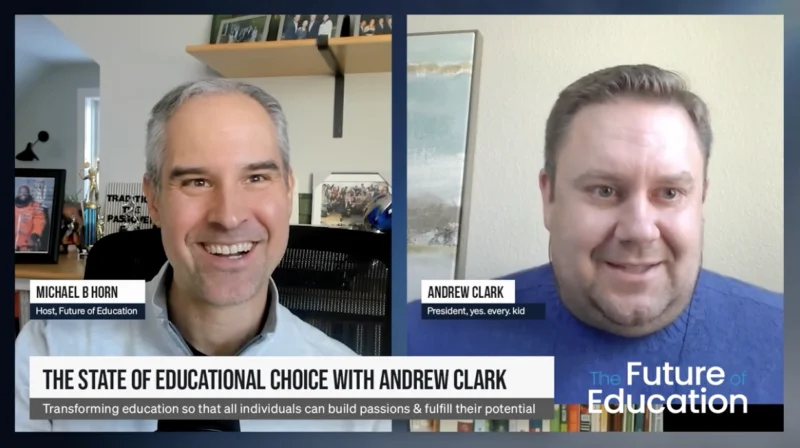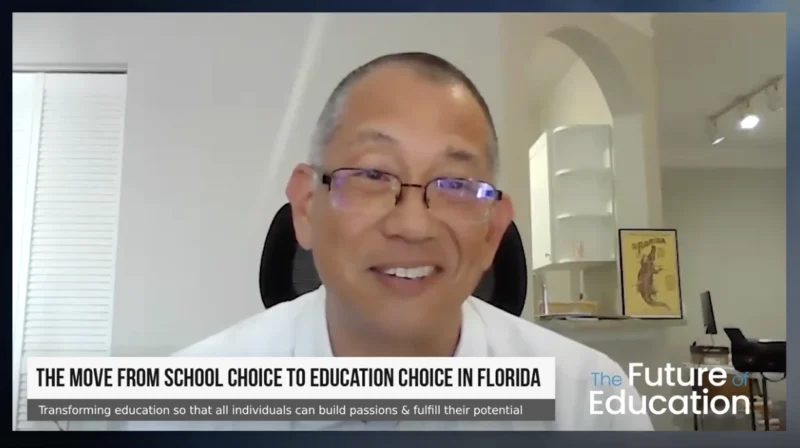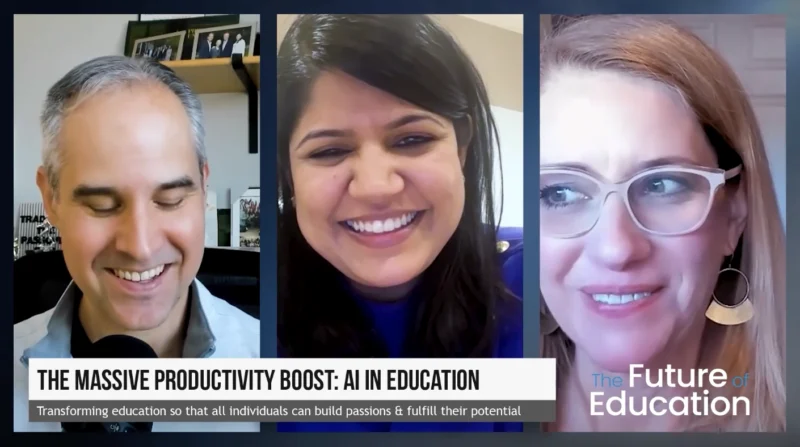ESA Success Requires Strategy, Infrastructure, and Support Beyond Legislation
As education savings accounts (ESAs) gain traction across the United States, the conversation is shifting from policy debates to the complexities of implementation. Fueled by post-pandemic dissatisfaction with traditional school models and a desire for more customizable educational options, ESAs are being adopted in a growing number of states, often under “universal” frameworks. But what does it actually take to make these programs work in practice?
What are the often overlooked questions and hurdles when it comes to turning ESA legislation into real-world results for families?
In this episode of The Future of Education, host Michael Horn dives into the intricate realities of ESA implementation with Philip Vaccaro, the Managing Director, and Nita Bhat, the Senior Director at EY-Parthenon. Drawing from their direct experience designing Arkansas’s universal ESA program, they unpack the layers of strategy, policy, and logistics behind putting these innovative funding models into action.
Key discussion points from the episode…
- What makes ESAs unique: Unlike traditional vouchers, ESAs offer broader eligibility and flexibility, allowing families to use funds on a wide range of educational services—from tuition to tutoring to curriculum materials.
- Why implementation is the hard part: Passing legislation is just the beginning. Designing rules, choosing vendors, ensuring financial safeguards, and fielding family inquiries require meticulous planning and resources.
- The long-term strategy question: How ESAs should integrate into broader school improvement efforts remains a challenge, particularly in areas with limited provider capacity or competing priorities.
Philip Vaccaro is a Managing Director at EY-Parthenon with over 14 years of experience advising education systems on strategy, performance, and large-scale transformation. Prior to consulting, he served as Executive Director of School Performance at the NYC Department of Education and began his career as a high school math teacher. His expertise spans system-level change, school accountability, and education reform across both public and private sectors.
Nita Bhat is a Senior Director at EY-Parthenon with nearly 11 years of experience advising public and private education clients on system design, budgeting, and strategic implementation. She previously served as Chief of Staff to EY’s US Chair and began her career as a biology teacher through Teach For America in Philadelphia. Her expertise includes education reform, stakeholder engagement, and leading large-scale, equity-focused initiatives.




